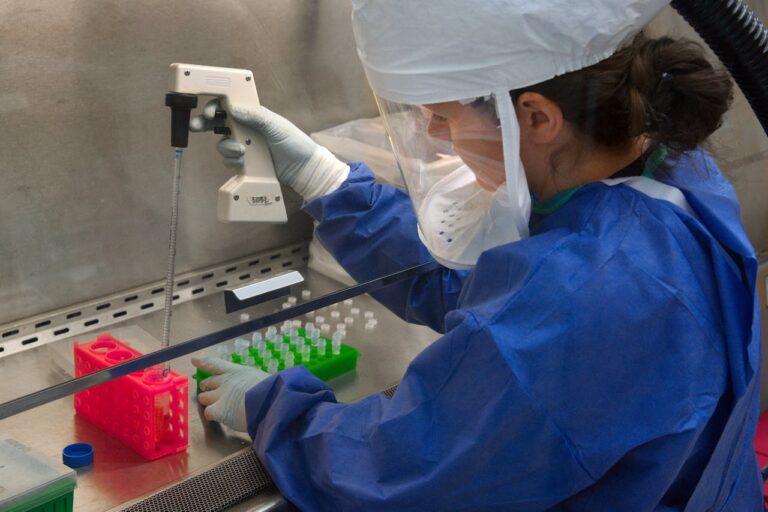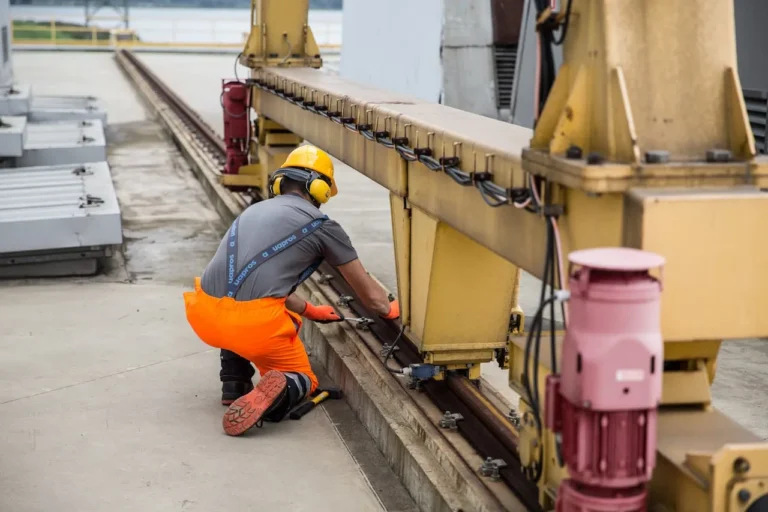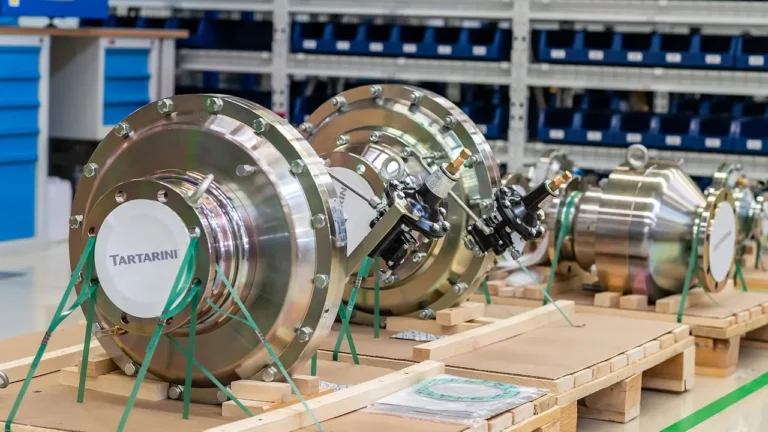
Redwire, a leader in next-gen space infrastructure, is set to launch a new experiment to the International Space Station (ISS) to explore how microgravity affects tissue bioprinting and culturing. In collaboration with the Wake Forest Institute of Regenerative Medicine (WFIRM), Redwire will use its Multi-Use Variable-Gravity Platform to grow 36 bioprinted vascularized liver tissue constructs in space. The goal is to determine if liver cells bioprinted on Earth can develop functional blood vessels in microgravity. This effort underscores Redwire’s commitment to advancing space bioprinting techniques with human tissue, potentially addressing the global organ shortage.
In addition, Redwire will launch four drug manufacturing experiments using its Pharmaceutical In-space Laboratory Bio-crystal Optimization eXperiment (PIL-BOX) system. This marks the third PIL-BOX mission in 10 months, aimed at optimizing the system’s performance and demonstrating its repeatability.
John Vellinger, President of In-Space Industries at Redwire, highlighted the company’s progress and growing partnerships. “Our space biotech capabilities are gaining momentum as we work with new partners and customers to push the boundaries of research and increase our bioprinting and drug manufacturing throughput,” he said. “We are thankful for our collaboration with WFIRM, the ISS National Lab, and NASA, and look forward to building on our recent successes in microgravity research and manufacturing.”
WFIRM’s liver tissue experiment is supported by the ISS National Laboratory and NASA’s Vascular Tissue Challenge. Redwire plans to continue its PIL-BOX experiments on future commercial resupply missions, with the latest launch scheduled for early August 2024 aboard the Northrop Grumman NG-21 cargo resupply mission.




